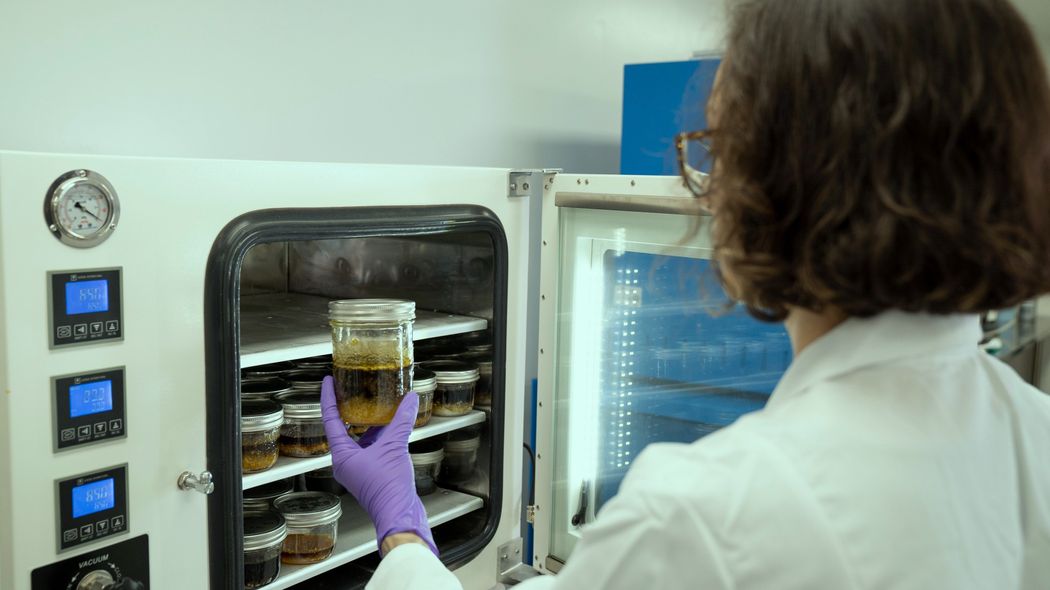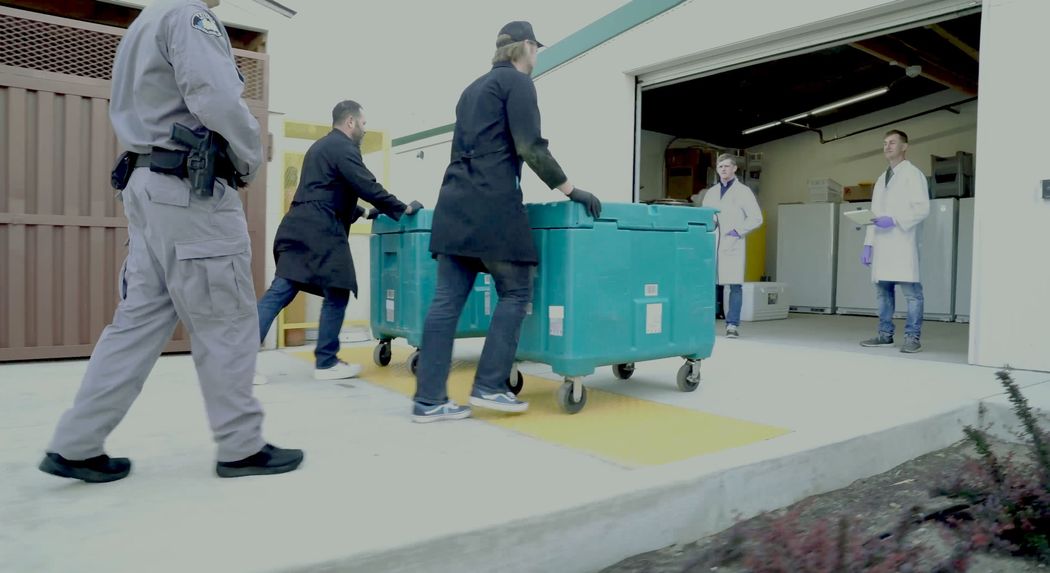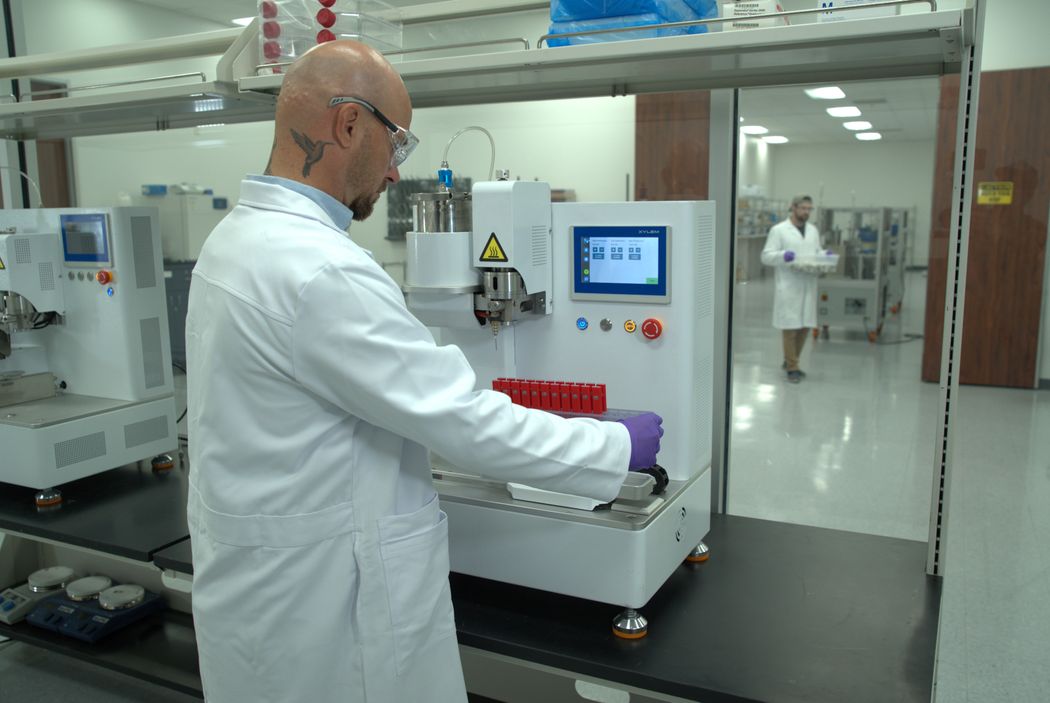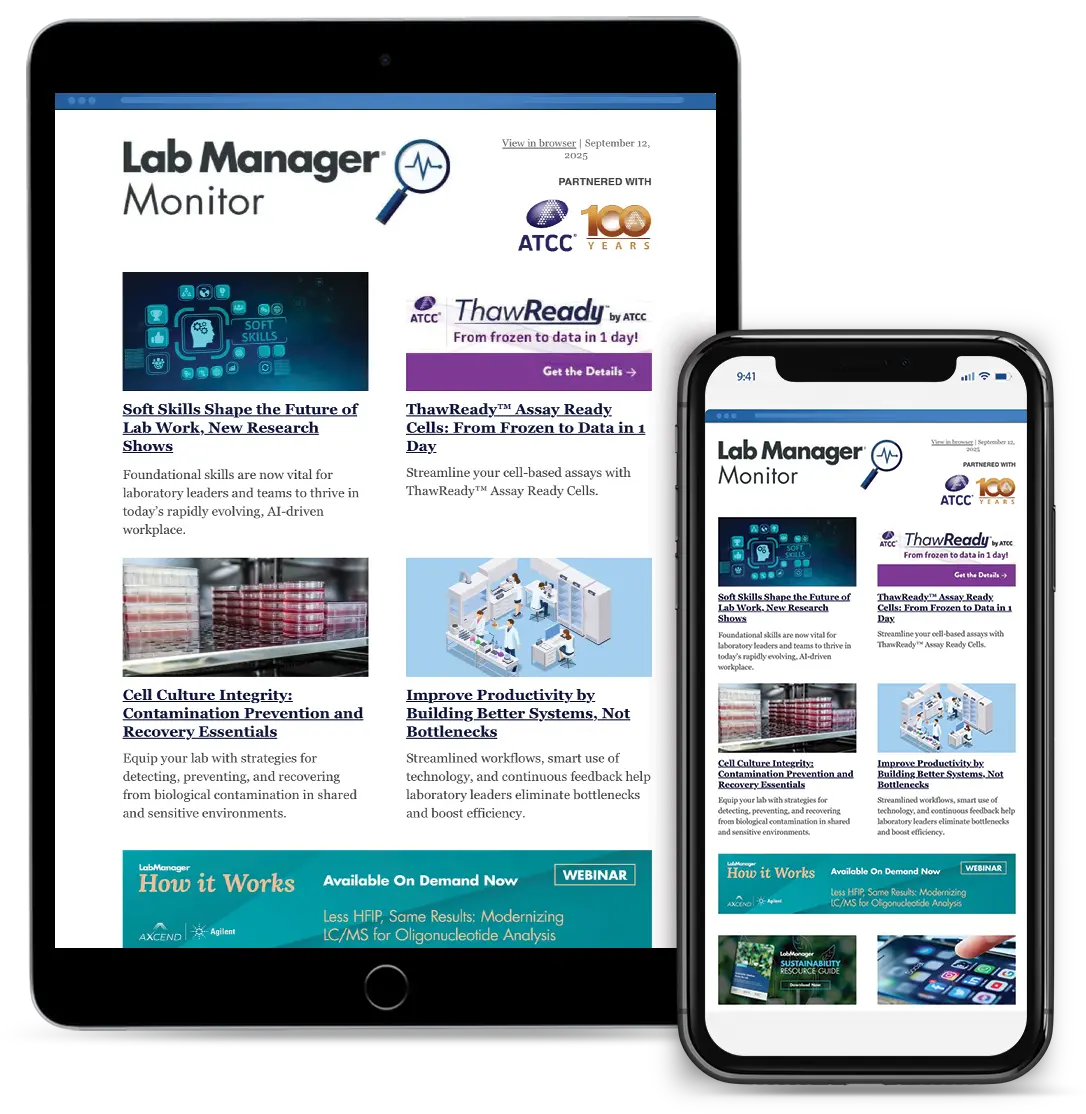In an industry marked by rapid evolution, stringent regulations, and fierce competition, few entrepreneurs navigate the cannabis market as adeptly as those who combine passion with innovation. From manual processes reminiscent of a bygone era to pioneering cutting-edge automation, this story describes the many lessons learned by a cannabis entrepreneur who transformed challenges into opportunities, laying the groundwork for a burgeoning industry while facing the unpredictability of a regulatory landscape in flux.
Jeff Wu’s journey began on the fringe as an investor in the cannabis industry, but it wasn’t long before he dove headfirst into the cannabis lab market as the technical director of Xylem Robotics. His entry into the production sector exposed him to a landscape dominated by outdated practices and inefficiencies. Wu learned an abundance of lessons in his early days of running a cannabis lab. These insights may help others navigate the industry more smoothly.
Recognizing the need for change
One of the first challenges Wu encountered was the industry’s heavy reliance on manual labor for production practices like growing, processing, filling, and packaging. The production of cannabis-infused gummies, for example, resembled a homemade candy-making operation—manual pouring, cooling, and cutting—resulting in inconsistent and labor-intensive processes. Similarly, methods for filling vape cartridges involved using syringes and hot plates, a process riddled with inefficiencies and errors. The industry-wide lack of specialized equipment and skilled labor was evident. High-end cannabis jarring and most concentrate production were also predominantly manual, with advanced systems remaining rare. Wu saw this as a ripe opportunity for innovation.

There was a high demand for specialized equipment for processes such as concentrate production.
Credit: Xylem
“We had to automate, or we’d be out of business,” Wu explains. “That’s initially how Xylem began—by addressing an internal need.” But automation was just the beginning of the challenges Wu faced. In addition to these automation challenges, Wu also had to overcome supply chain and market challenges unique to the cannabis industry.
How to overcome supply chain and market challenges
The cannabis supply chain is exceptionally vulnerable to a range of issues. Natural disasters, poor weather conditions, and incorrect farming practices can jeopardize crop yields. Additionally, spray drift from nearby farms can contaminate crops, causing the loss of organic labels and resulting in wasted products. The short shelf life of cannabis—approximately three months—adds further pressure to manage supply effectively.
The high failure rate among cannabis companies often leads to liquidation events, which provides opportunities to acquire equipment and facilities from failed enterprises. Each lab and manufacturing facility must adapt techniques and equipment from scratch, given the limited access to qualified staff and the need for customized solutions.
Compounding these challenges are issues related to support and testing scandals. Wu highlights a substantial hurdle that traditional suppliers: “Being a plant-touching company presents a lot of problems.” He says. “Trying to buy equipment, solvents, and other necessary infrastructure and materials is difficult because established companies are not going to risk taking money from a cannabis company. It presents a legal complexity that there is still no good solution for.”

Cannabis transport and processing procedures have historically been subject to constant regulation changes.
Credit: Xylem
Use strategic product partitioning and value maximization
A pivotal lesson learned in the journey was the importance of strategic product partitioning and value maximization. Wu draws parallels between cannabis and other crops, stating that, "just like the corn industry, where every kernel and husk has a purpose, we realized that every part of the cannabis plant could be transformed into something valuable. That was a game-changer in how we approached product development."
“For instance, while high-quality buds are marketed as premium products, lower-quality parts can be used for extracts, oils, and edibles. This approach ensures that no part of the plant goes to waste, thereby maximizing profitability.”
Prioritize the right equipment for cannabis production
Investing in the right equipment was crucial for streamlining operations and improving efficiency. The early days were marked by the lack of industry-specific machinery, like using a truck meant for city driving as an off-road vehicle, Wu jokes. Over time, Xylem developed and implemented automated systems tailored to the unique needs of cannabis production such as the Xylem X4, an automated vape-filling machine, and the Xylem Y1 Preroll, which automates preroll infusion.

Production technicians prepare the Xylem Y1 to automatically infuse prerolls with extract, bringing precision, accuracy, and uniformity to a highly variable cannabis product.
Credit: Xylem
Remain adaptable in a volatile market
The cannabis market is known for its volatility, requiring companies to remain adaptable. Price fluctuations and competitive pressures demand agile business models capable of adjusting to market changes. Wu emphasized the importance of adaptability. "In this industry, you have to be ready to pivot at a moment's notice. What worked yesterday might not work tomorrow."
Seek out industry support and collaboration
Building a supportive network within the industry is vital. Despite high competition and some animosity between companies, collaboration may lead to shared success.
The cannabis industry faces unique regulatory challenges, resembling the perishable or cooked food sector rather than alcohol. Navigating these regulations also requires a thorough understanding of compliance and the ability to adapt quickly to new rules and laws.
Leverage compliant banking solutions
Banking has been a major hurdle for cannabis entrepreneurs. Traditional banks may refuse to work with cannabis companies due to federal regulations. However, local credit unions have stepped in to fill this gap, offering compliant banking solutions that provide much-needed financial services.
Reflecting on this solution, Wu notes, "Finding a reliable banking partner was a turning point for us. It allowed us to manage our finances more effectively and focus on growing the business."
Lessons from success and failure
The journey from startup to success in the cannabis industry is marked by resilience, innovation, and a relentless pursuit of improvement. Reflecting on Xylem's experience, Wu concludes, "We've had our share of successes and failures, but each has taught us something valuable. An informed and strategic approach is essential for survival and growth in this industry."
By embracing challenges and turning them into opportunities, cannabis entrepreneurs can lay a strong foundation for future growth and prosperity in this exciting and evolving market.





